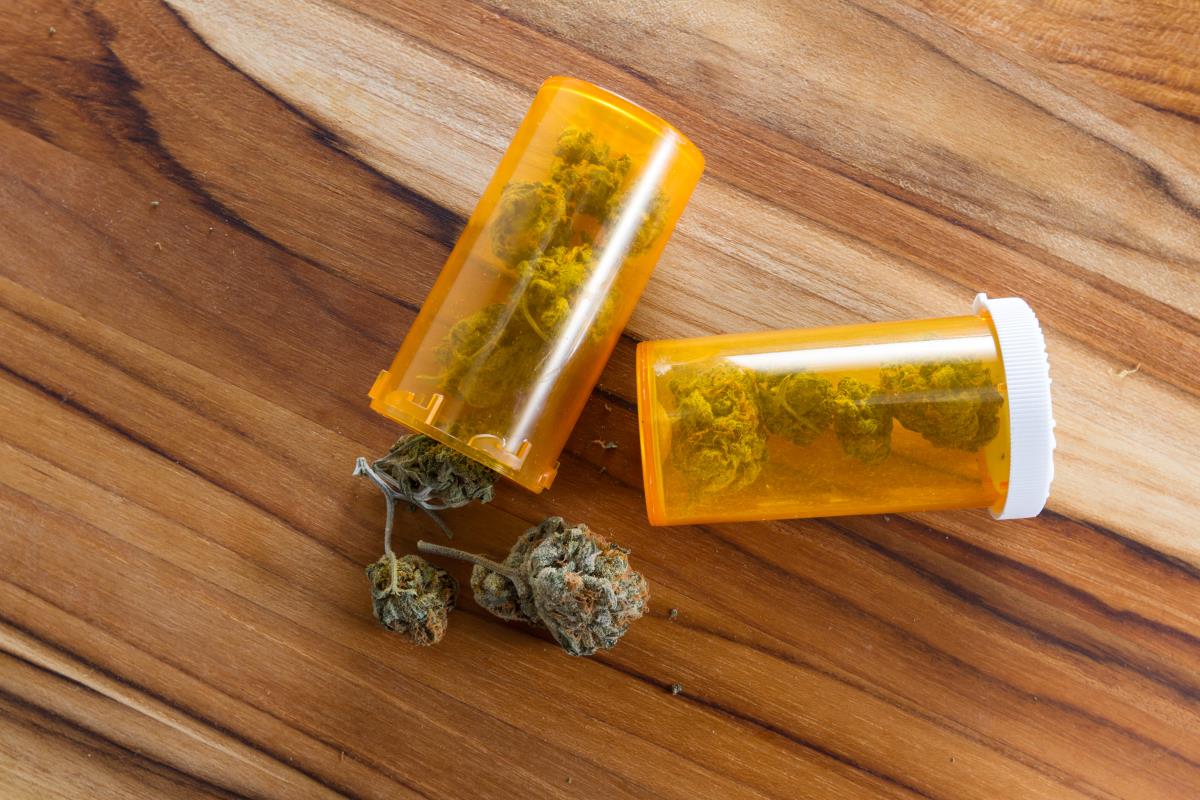
Advertisement
Even as diehard prohibitionists continue to spew utter nonsense about the “dangers” of cannabis sativa (marijuana), open-minded researchers are keeping busy uncovering the plant’s many safe and effective health benefits, including its ability to naturally quell the often extreme pain associated with diabetic neuropathy.
A team of researchers from the University of California, San Diego deserves the credit for finding that cannabis has an amazing ability to greatly reduce, and in some cases completely eliminate, diabetic neuropathy pain – and all without the need for dangerous and typically ineffective pharmaceutical drugs.
Publishing their findings in the peer-reviewed Journal of Pain, the team, led by Dr. Mark Steven Wallace, M.D., who chairs of the Division of Pain Management at UCSD, says that the healing constituents found naturally in cannabis are a perfect match for the cannabinoid receptors that exist on human inflammatory cells, as well as all throughout the human nervous system – including in the nerves, spinal cord, and brain.
Compared to those in the control group, study participants who were given cannabis either in vapor or smoke form experienced dramatic reductions in diabetic neuropathy pain. These same participants experienced gentle euphoria and sedation as an added bonus – the beneficial effects of cannabis further minimizing their sensitivity to being stroked with a foam brush, or pricked with a pin.
“We found that the more concentrated the dose, the more relief people got,” Dr. Wallace is quoted as saying, adding that his cannabis participants experienced pain relief that lasted for four hours.

“There is a lot of evidence on the positive effects of cannabis on the treatment of neuropathic pain,” Dr. Wallace added. “However, there are few placebo controlled studies and very few studies that have looked at different doses.”
For more cannabis-related news, be sure to check out CannabisCures.news and MedicalMarijuanaUpdate.com.
Inhaling cannabis smoke, vapor provides rapid relief from diabetic neuropathy pain
Keep in mind that all of the study participants who were given cannabis inhaled it, rather than consumed it as an oil or tincture. While some prohibitionists have tried to argue that consuming cannabis via the lungs can’t be “medicinal,” this study proves otherwise – and, in fact, shows that inhaling cannabis is the best way to experience its benefits quickly, seeing as how oral consumption of cannabis takes a lot longer to work, and, in some ways, is more difficult to dose since the beneficial effects are delayed.
Further, Dr. Wallace and his team found that, when cannabis is consumed in full-spectrum form, meaning it contains a diverse array of cannabinoids besides just tetrahydrocannabinol (THC), its mental effects are more balanced – including cannabidiol, or CBD, which helps to buffer the effects of THC to make it more clinically viable.
“Diabetic peripheral neuropathy is one of the most common neuropathic pain syndromes in our society,” Dr. Wallace notes, explaining how cannabis represents a simple, natural intervention to keep it under control. “There are very few treatment options and most of the medications available have dose-limiting side effects.”
As a practitioner in California, Dr. Wallace has been recommending medical cannabis to his patients for many years. The hope is that, as increasingly more states drop their cannabis prohibition policies, that increasingly more patients with diabetic neuropathy and other chronic pain-related health conditions will have the opportunity to benefit from this amazing botanical remedy.
“Medicinal marijuana has been legal in California since 1996, and we have learned a lot during this time,” Dr. Wallace says. “I frequently recommend medicinal marijuana to treat a variety of painful conditions.”
To learn more about the pain-relieving benefits of cannabis that date back thousands of years, be sure to check out this article by Jonathan Landsman.
Sources for this article include:
Submit a correction >>
This article may contain statements that reflect the opinion of the author
Advertisement
Advertisements
















